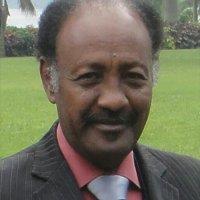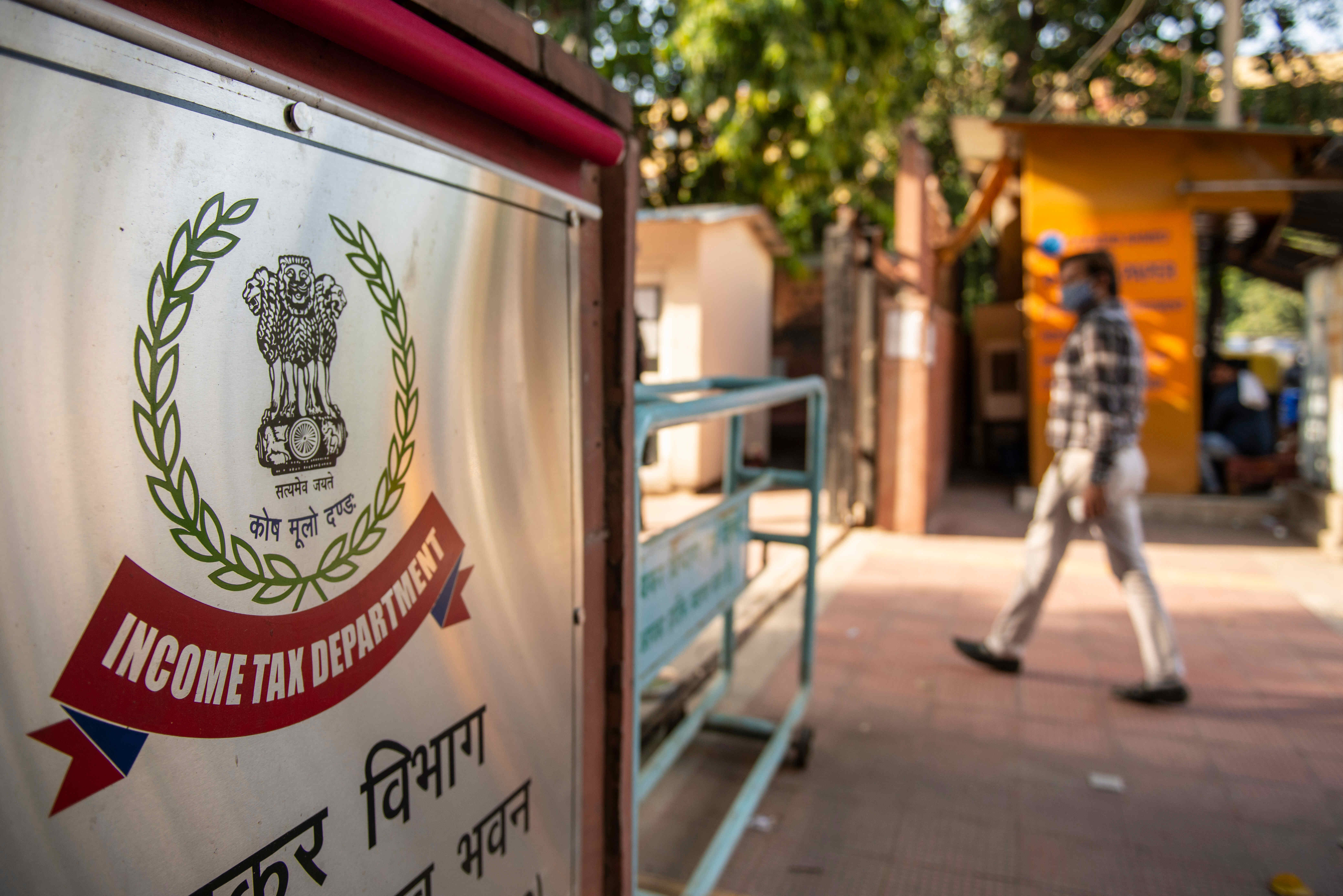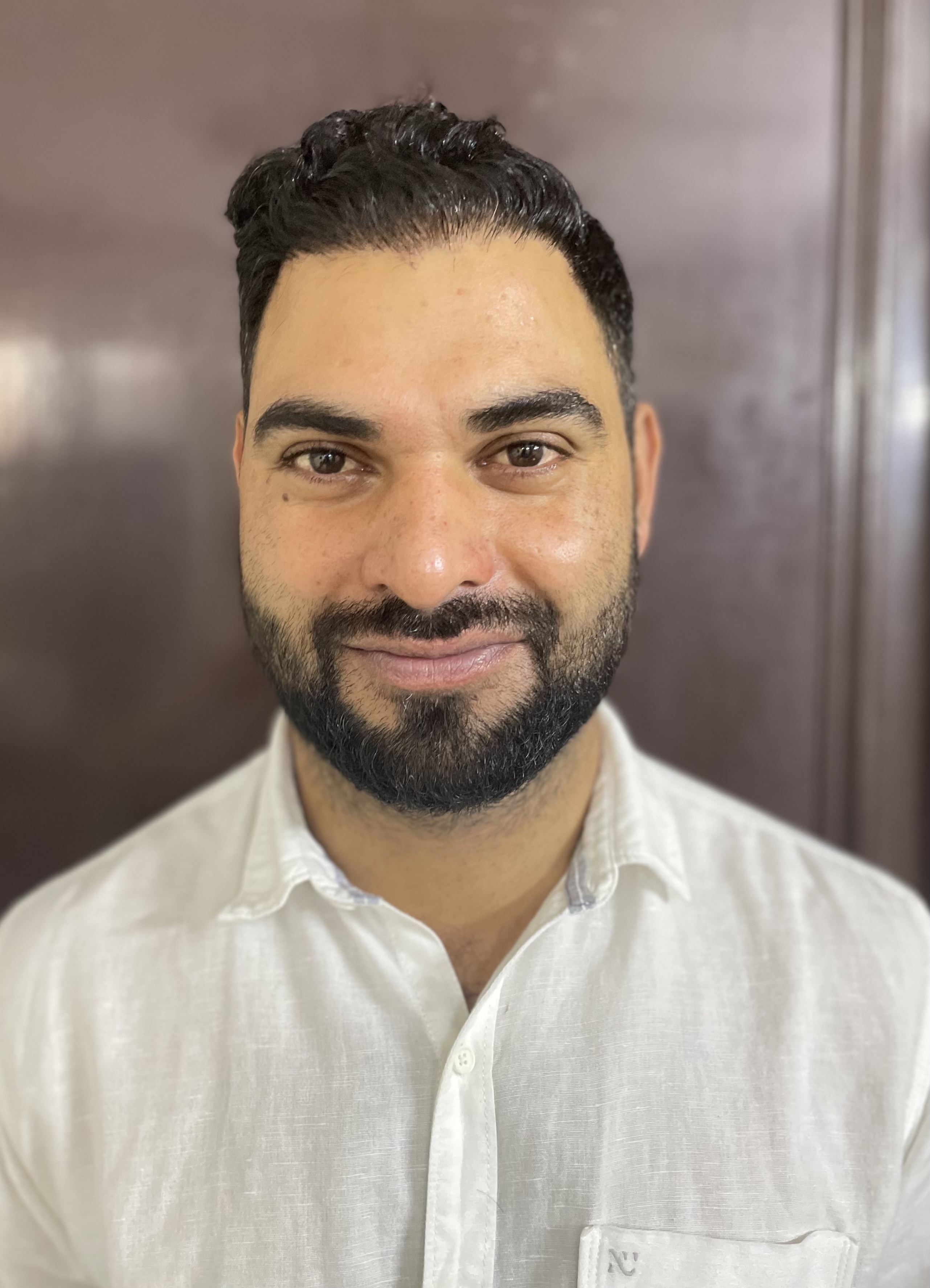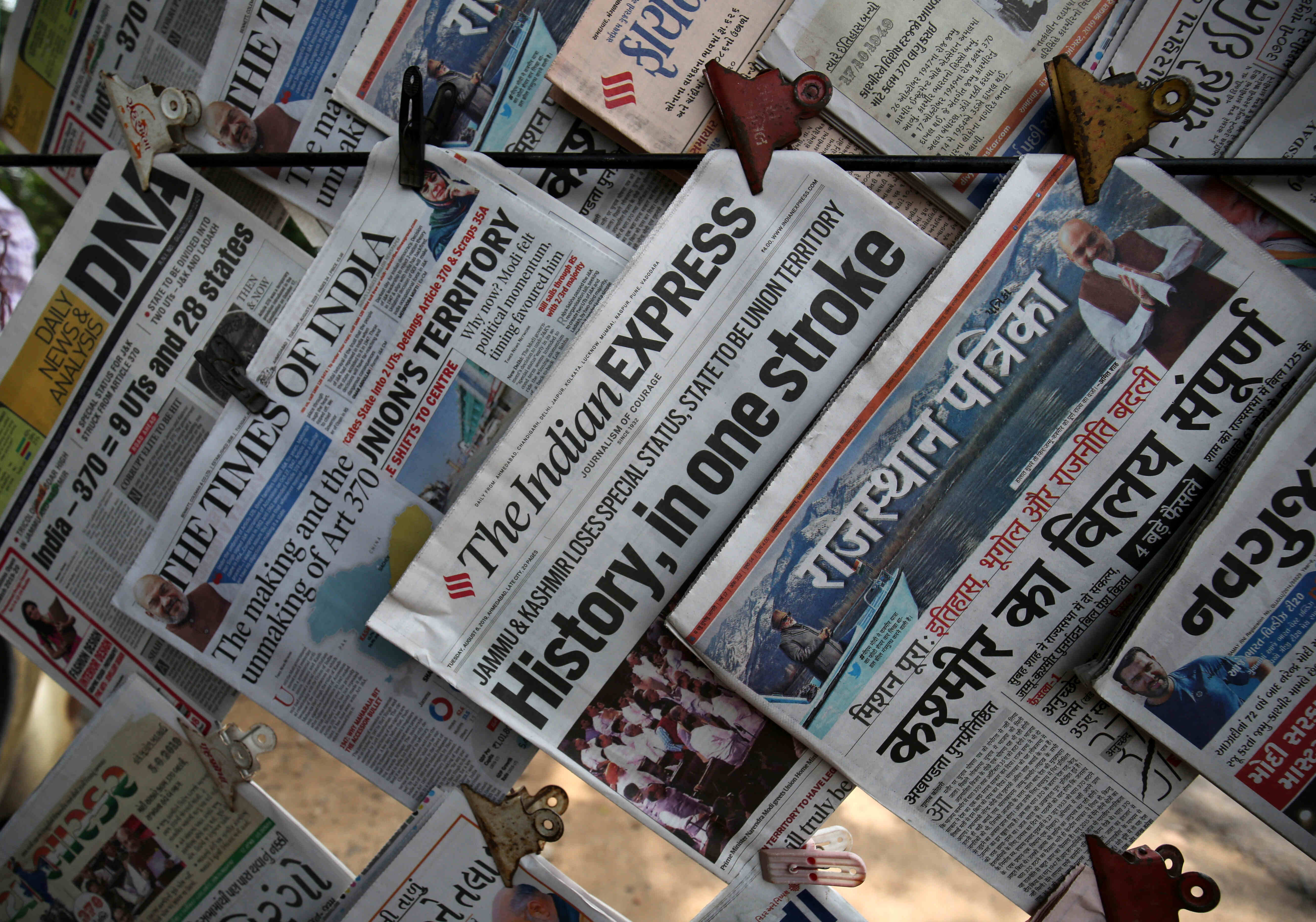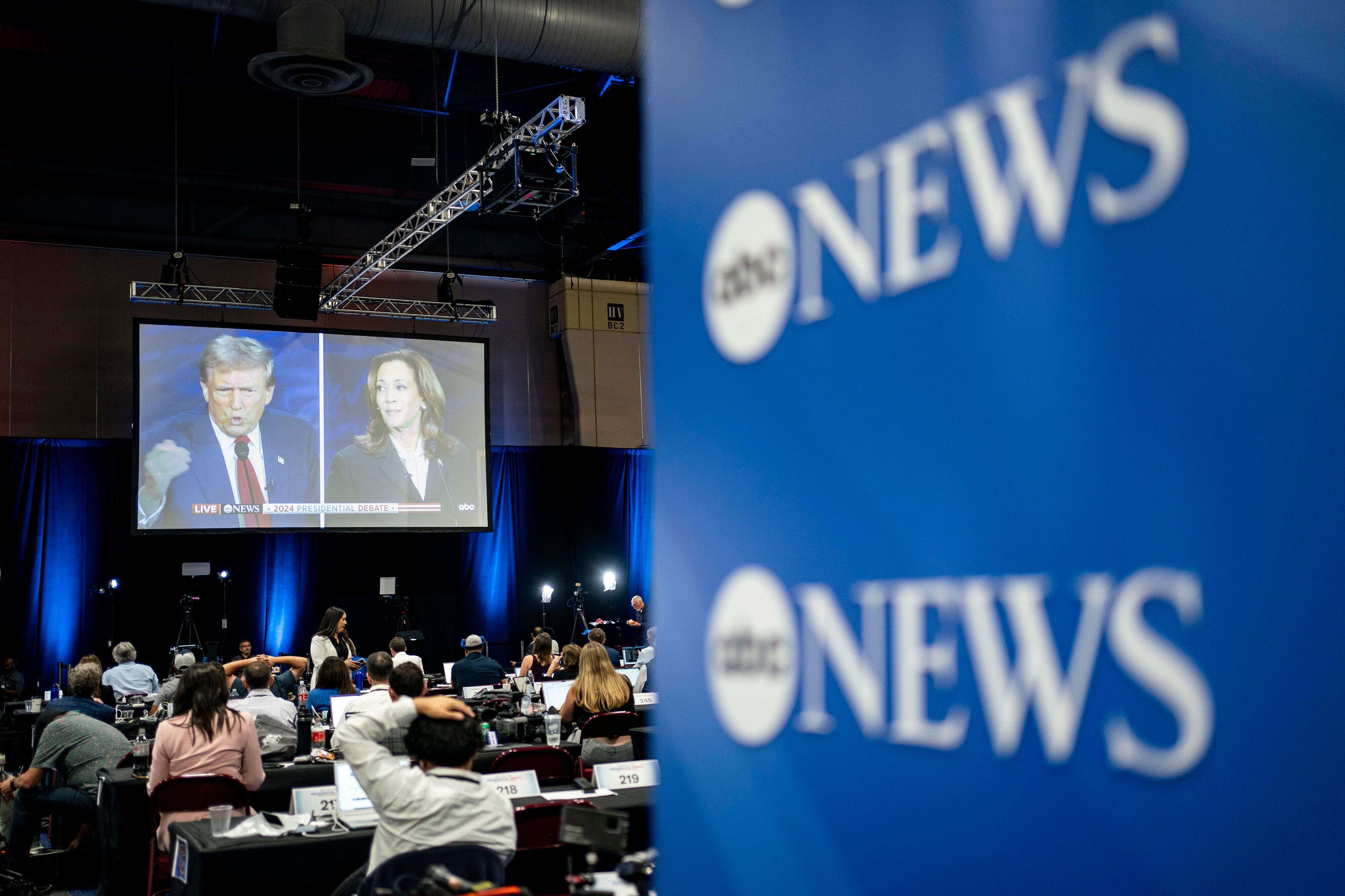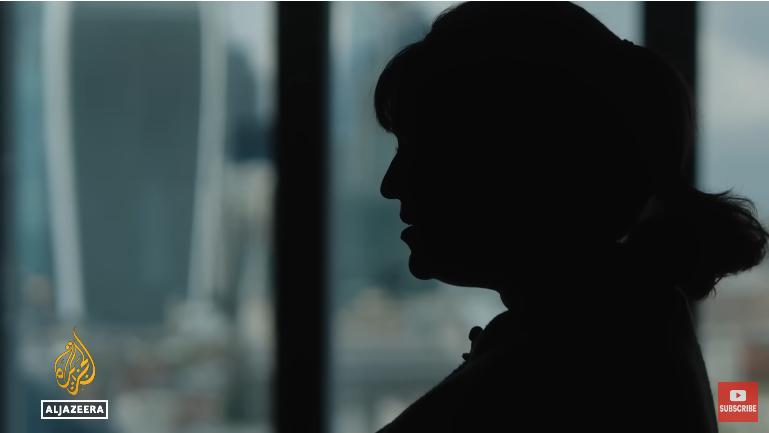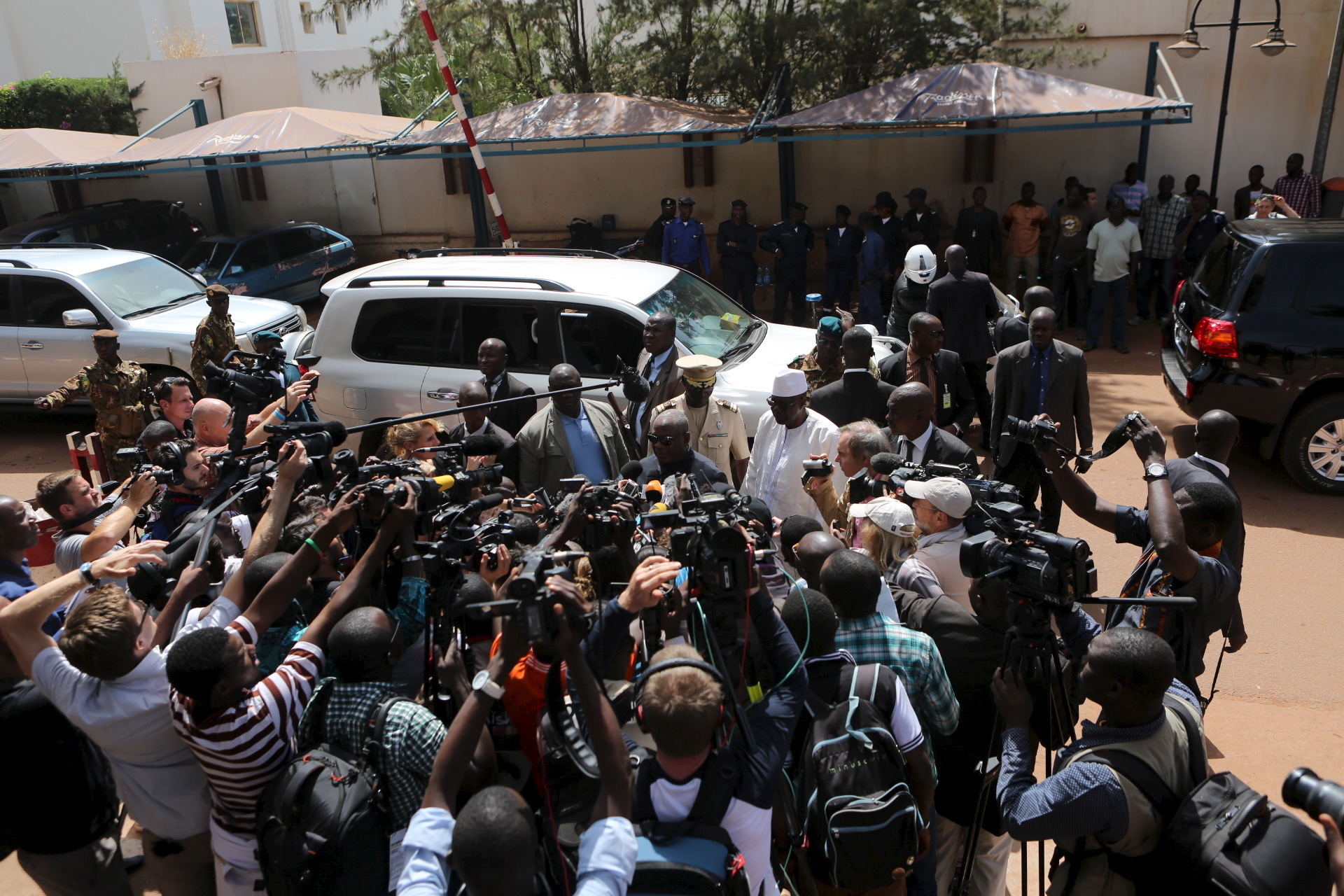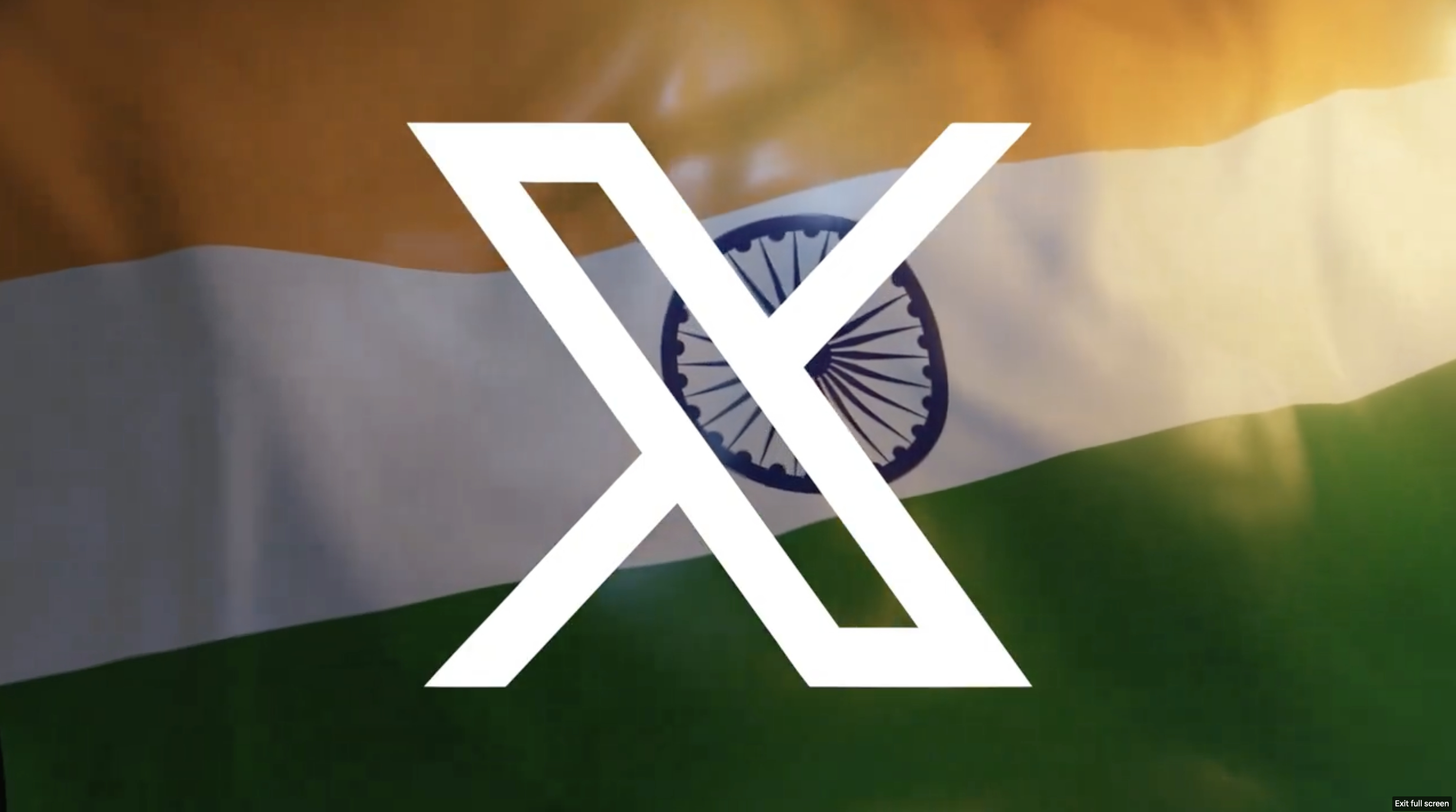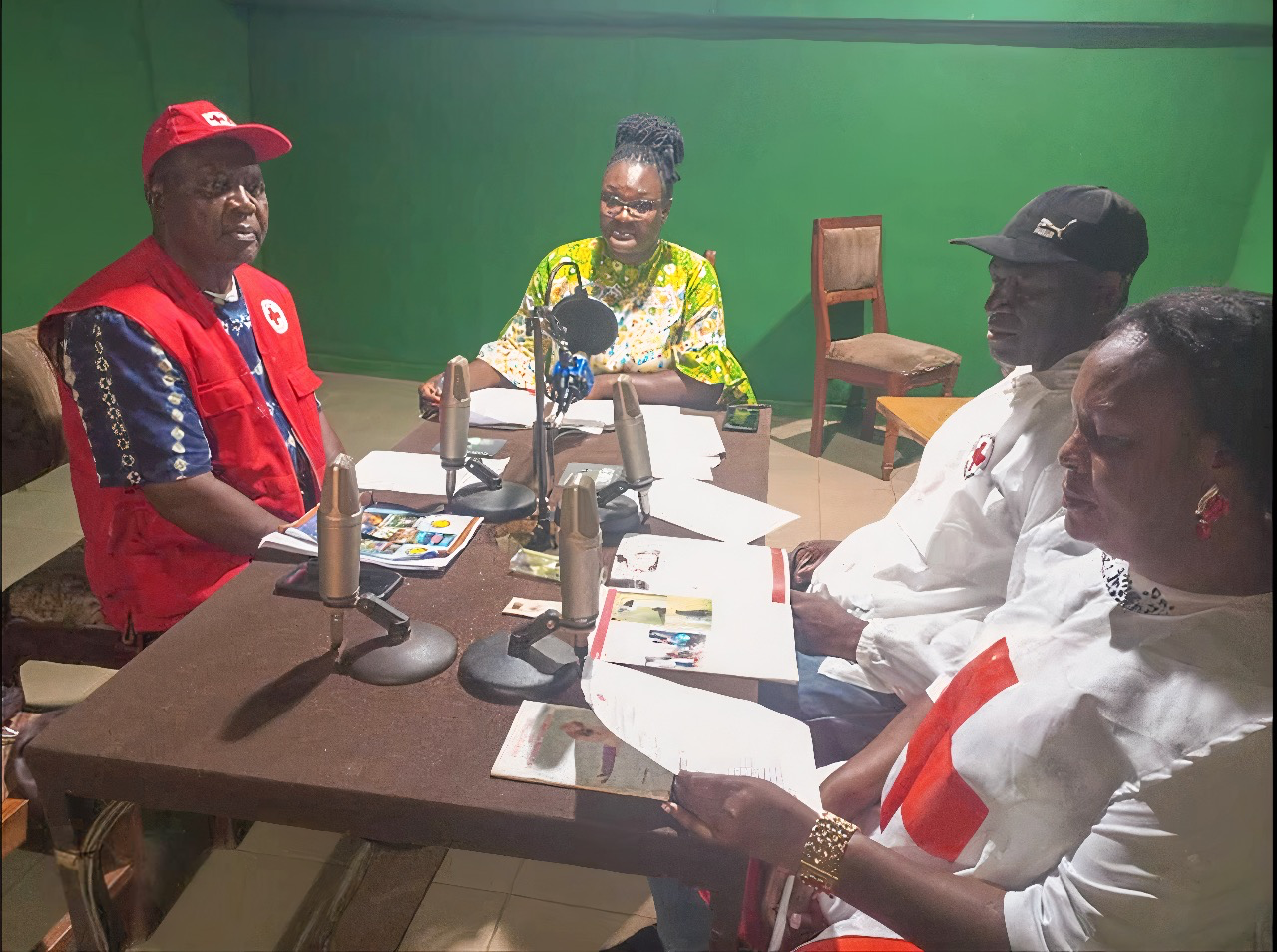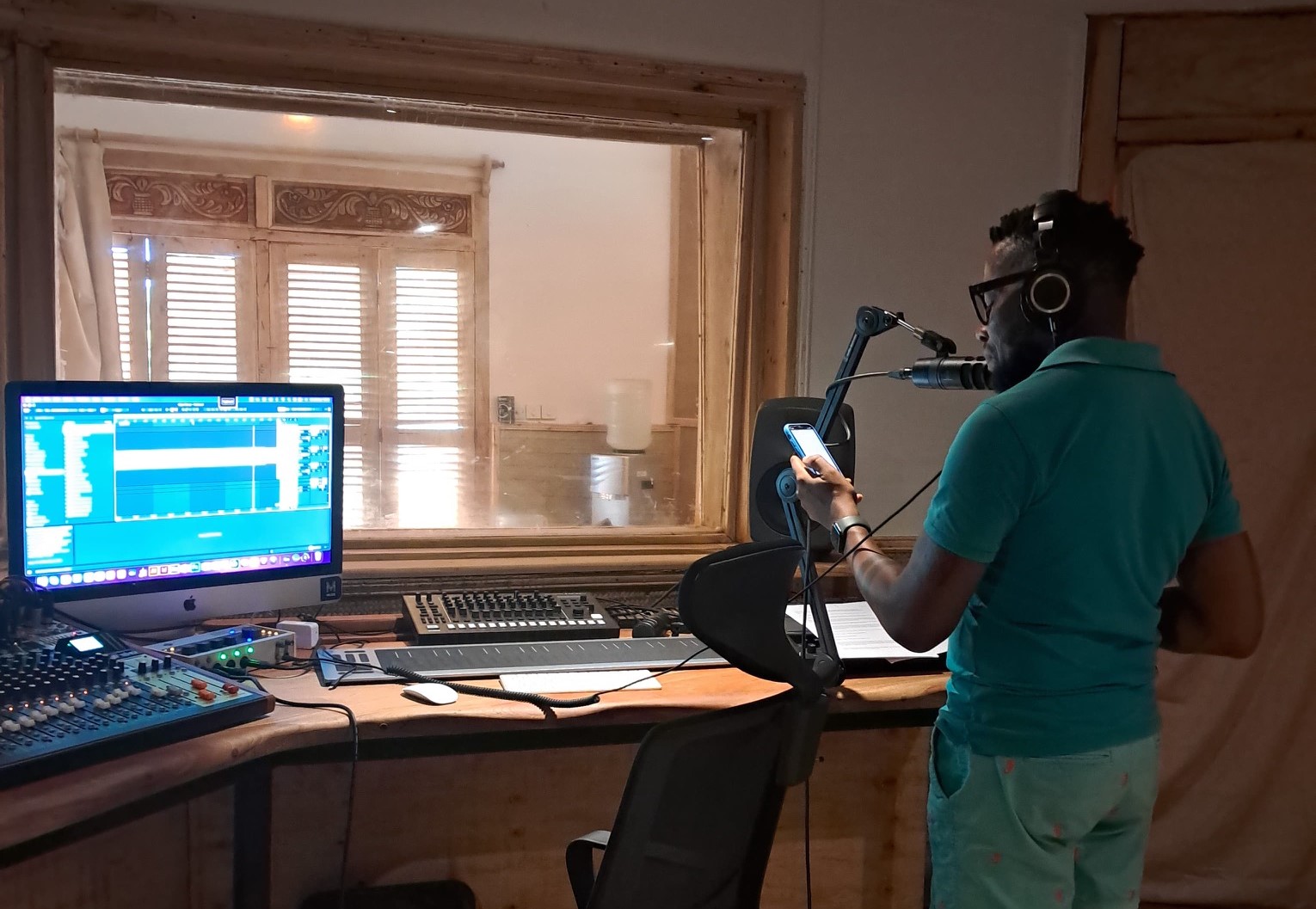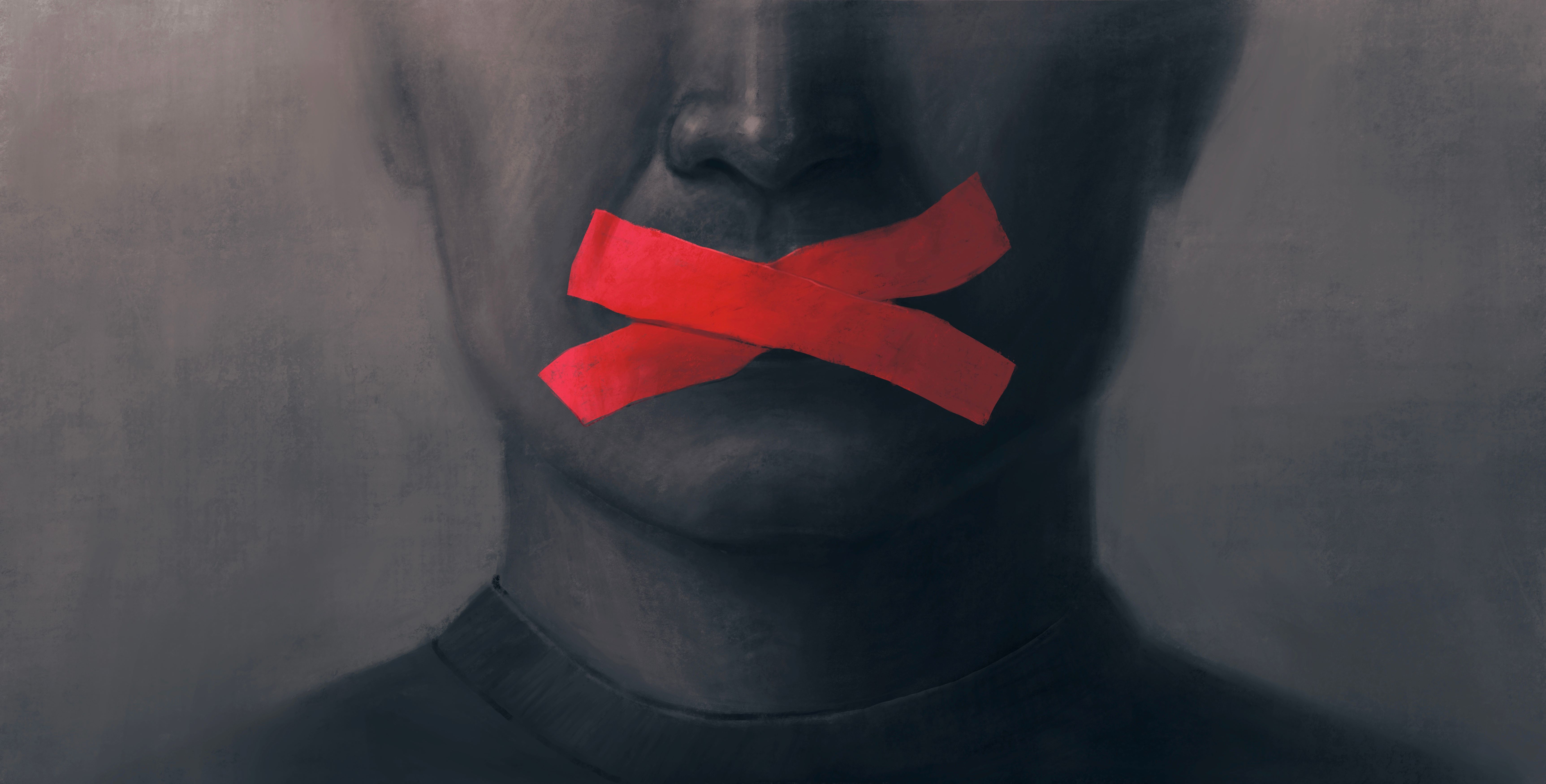قلقٌ موضوعي
من خلال إفراطها في الموازنة بين الرأي والمعالجات الصحفية الأخرى، يبدو أن الصحافة العربية انحازت إلى زبد الهتاف الانطباعي عوضاً عن صرامة المعلومة وجدّيتها. وهي تفعل ذلك، لم يتوقف الأمر عند إضعاف المهنية وحسب، بل تجاوزه إلى تشويش اتجاهات التلقي لدى القارئ العربي وتشويه ذائقته.
في غضون ذلك تتناقص أهمية المعالجات الصحفية المستندة إلى المعلومات ذات المصداقية الأعلى في غالب الصحافة العربية، إن يكن من قبل الناشرين أو القراء على حدٍ سواء. وهو يطالع الصحيفة اليومية، يتجاوز القارئ العربي الصفحات متعجلاً نحو الرأي سواء في الأعمدة اليومية الراتبة أو في المقالات الأسبوعية. ويلخص ذلك التجاوز ما فعلته غالب الصحافة العربية بالقارئ من حيث تشويش ذائقته، بحيث أصبح يقدم الرأي على ما عداه من المعالجات الأخرى.
ويثير تنامي ضعف التوازن بين المعلومة والرأي في الصحيفة العربية قلقاً موضوعياً لدى خبراء الإعلام على مستقبل المهنة. فخلال مقال نشر له في موقع الشبكة العالمية للصحفيين، يعبّر الصحفي وأستاذ الإعلام الفلسطيني داوود كتَّاب عن ذلك القلق بأن الصحافة العربية أصبحت تعتمد على الأعمدة. ويضيف أن "الصحافة ليست أعمدة ومقالات رأي؛ بل إنها الأخبار الحصرية والصورة، والتحليلات العميقة، والتحقيقات".
ويتفق معه خبير الإعلام السوداني الدكتور صلاح إبراهيم عميد كلية الإعلام بجامعة العلوم الطبية والتكنولوجيا في الخرطوم بقوله إن "العصر عصر المعلومات وليس حشو ذهن القارئ بالانطباعات الشخصية"، وينعى على الصحافة السودانية استكتاب من ليسوا في مقام تقديم النصح بسبب خبرتهم المحدودة وقلة تجاربهم، وأن الصحف تمنحهم أضعاف ما يتقاضاه الصحفي المحترف. ثم يخلص إلى أن الصحافة السودانية وبسبب كثافة كتّاب الأعمدة تحولت إلى "صحافة رأي وليست صحافة معلومات" (مقال الكاتب بجريدة "الصحافة السودانية" يوم 31 مارس/آذار 2013).
وعندما سئل المفكر والإعلامي العربي محمد حسنين هيكل عن عدم كتابته للعمود رغم العروض المغرية، أجاب قائلا "أنا لا أدري من أين يأتي هؤلاء الكتاب بمثل هذه الأفكار والكلام الذي يكتبونه كل يوم". وقبل ذلك بكثيرٍ عندما تحولت الصحف الغربية إلى صحافة رأي، أطلق جيمس غوردون بينيت أحد رواد الصحافة الحديثة ومؤسس صحيفة "نيويورك هيرالد" عام 1887 مقولته الشهيرة عشية استهلال صدور صحيفته من باريس "الأخبار.. مزيدٌ من الأخبار.. الأسماء.. مزيدٌ من الأسماء".
وبالمقارنة النوعية فإن من يكتبون في الصحف الغربية اليوم إما من الصحفيين ذوي الكفاءة والخبرة الطويلة، وإما من المفكرين أو المسؤولين السابقين من وزن هنري كيسنجر ومادلين أولبرايت. أما في الصحافة العربية فإن المعيار يتقاصر كثيراً.
وعبر معياري الكم والكيف تمثل الظاهرة انتكاسة لما كانت عليه الصحافة العربية قبل أكثر من قرنٍ من الزمان، وهي تتمظهر عبر حرص الصحف العربية على وجود عمودٍ صحفيٍّ أو عمودين، وعبر تخصيص نحو صفحتين للمقالات الطويلة، فضلا عن افتتاحيةٍ قد تجد لها موقعاً في الصفحة الأولى. وبالنسبة للصفحة الأخيرة فقد يبلغ متوسط أعمدة الرأي إلى أربعة. أما الأعمدة فقد تتراوح كلماتها بين أربعمائة وخمسمائة كلمة في أي من صفحاتها، بل إن "كلمات العمود قد تصل أحياناً بين الستمائة والألف كلمة"، وفق ما يذكر د. صلاح في مقاله السالف الذكر.
يقول التاريخ
لقد مثلت المعلومة العمود الفقري لمفاهيم الصحافة المطبوعة منذ نشأتها الأولى في أوروبا. فمفردة جورنال "Journal"كلمة فرنسية بالأساس، وهي مشتقة من الأصل اللاتيني "diurnal"(دايورنال)بمعنى"ما يحدث خلال اليوم".وتعني مفردة "Newspaper" في مدلولها اللغوي نقل الأخبار عبر الوسيط الورقي. ومع أن المدلول المصطلحي العريض تقبّل فتح الباب أمام وسائط أخرى، فإن الخبر ظل يملك ذات القدسية رغم ما طرأ عليه من تطورات.
خلاصة القول إن الخبر وسائر ما استحدث من معالجاتٍ صحفية شملت التقرير والحديث الصحفي والاستطلاع والصحافة الاستقصائية، ظلت تمثل مهمة الصحفي في الحصول على المعلومة وفحصها بحيث تتحقق لها الدرجة الملائمة من المصداقية، وتمليكها للقراء.
لقد اعتمدت الصحافة الغربية منذ نشأتها خلال القرن السابع عشر الأخبار كمادةٍ أساسية شاملةً المراسيم الملكية، والقرارات الرسمية، والأحكام، وأخبار الحرب، وتوجيه العامة. ثم تطورت المعالجات لتشمل أخبار التجارة والمال، وكل ذلك جعلها قريبةً من مدلولات مصطلحي "journal" و"newspaper". وهنا وجب التنبيه إلى تطور المدلول المصطلحي لكلمة "جورنال" ليصبح وقفاً على المطبوعات الدورية أو الفصلية المحكمة أو الأكاديمية.
في غضون ذلك بدأت مقالات الرأي تجد حيزاً لها في الصحافة الأوروبية متأثرةً بالتطورات السياسية والاجتماعية والاقتصادية، جنباً إلى جنب مع ما كرسته وثائق الحقوق خلال القرنين السابع عشر والثامن عشر في كلٍّ من بريطانيا وأميركا. وقبيل منتصف القرن التاسع عشر تجاوز الرأي مرحلة كونه جزءاً أصيلا من محتويات الصحف ليطغى على المعلومة متأثراً بكل تلك العوامل. ووفقاً لفهرس صحيفة "إنترناشيونال هيرالد تريبيون" الصادر عنها عام 1992، فإن الصحف الأوروبية والأميركية بصفةٍ عامةٍ استمرت صحف رأي حتى العام 1887.
أما بالنسبة للصحافة العربية فقد اتبعت في بداياتها نهج نظيرتها الأوروبية في الاعتماد كلياً على الأخبار. وشأنها شأن نظيرتها، تأثرت بسائر التطورات التي انتظمت المنطقة وأحلَّت الرأي كجزءٍ أصيلٍ من محتواها عبر موازنةٍ لا بأس بها بين المعلومة والرأي، والتزمت تلك الموازنة حتى مطلع ثمانينيات القرن المنصرم. وشيئاً فشيئاً بدأ عقد التوازن بين المعلومة والرأي ينفرط بحيث مالت الكفة نحو الرأي، في إفراطٍ أحال بعضها إلى صحافة رأي، وبذلك تراجعت القهقرى إلى ما كانت عليه الصحافة الغربية قبل قرنين من الزمان.
ليست من فراغ
لكن ظاهرة الإفراط في الرأي لم تتنامَ إلى هذا الحد بمعزلٍ عن العديد من العوامل، منها ما هو متعلقٌ بتطورات الإعلام وتقانة المعلومات، ومنها ما ارتبط بالتحولات السياسية عربياً وعالمياً مع مطلع تسعينيات القرن الماضي. ومن بينها تدني مداخيل الصحف ونشوء ظاهرة صحف الأفراد، وحالة الاستقطاب الماثلة داخل المجتمعات العربية وارتباطها بتواثب التحالفات في منطقة الشرق الأوسط، وتغييب مفاهيم الرسالية والنزاهة المهنية من قاموس الممارسة.
ومع الاعتراف بموضوعية مخاوف الناشرين تجاه الإعلام الحديث بكل مكوناته، وتأثيراته السلبية على فرص حيازتهم لحق امتياز السبق المفضي إلى الاستحواذ على دهشة القراء، وجب التأكيد أن المعلومة في الغالب ليست هي ما يطفو على السطح من أحداث ماثلة أمام العيان كمثل البؤر الملتهبة أو الأحداث المعلنة، بل إن غالب الخلفيات التي تتمظهر في الأحداث الساخنة إما مخبأة في صدور الرجال أو في ملفات تؤجج ما تحت الأرض لتنفجر الأحداث.
ووسط تخاصمٍ بلغ أقصاه جراء حمّى الاستقطاب، وتضاد الأجندات، لجأت الصحف في بعض الدول العربية إلى الأعمدة الصحفية والمقالات، لا سيما الأكثر تطرفاً في مناصرة هذا المعسكر أو نقيضه، بغض النظر عن خلفيات العلم والتجربة للكاتب. وطبيعيٌّ أن التطرف لا يحتاج إلى كثيرٍ من أيٍّ منهما.
وبالنسبة للناشرين فإن التركيز على الرأي يحمل حلولاً ناجعةً لتجاوز ضعف الإيراد، بحيث إن مادة الرأي التي تتجاوز الألف كلمة من كاتبٍ واحد، تعفي الصحيفة من الأعباء المالية للمزيد من الصحفيين. وأبعد من ذلك فإن البعض يتبرع بالكتابة من غير أجر، إما لأنه صاحب أجندةٍ أقصى مطمعه هو الترويج لها، أو أنه يطوع قلمه لمن يدفع أكثر على نحوٍ مباشرٍ أو غير مباشر، فيتقاضى أضعاف ما يتقاضاه الصحفي.
ومن غير الممكن إعفاء الحكومات القابضة من تأثيرٍ سالبٍ من حيث مصادرتها لحق الصحفي في الحصول على المعلومة لأي من المعالجات الصحفية. كما أن المسؤولين في بعض الدول يتقربون إلى كتّاب الرأي بكل الأدوات الممكنة كسباً لأقلامهم حتى وإن خلت كتاباتهم من العلم والتجربة والسياق الموضوعي، واستغرقت في الإطناب مدحاً أو قدحاً. ومثل ذلك ما تفعله قيادات المعارضة، وهنا تنتفي أي أهميةٍ للصحفي المحترف. وفي مثل تلك البيئة السياسية المليئة بالهواجس، يتخلى غالب الصحفيين عن المهنية لصالح كتابة الرأي ويغيّبون عاملي العلم والمسؤولية كشرطين للممارسة الراشدة.
ومع تطاول أمد الظاهرة استُنسخ قارئٍ لم يعد يحفل بغير الرأي، على افتراض أن الدهشة المتاحة تكمن في المساجلات المشتطة التي قد تبلغ حد التنابذ الفاحش والسباب، وكلما أوغل الكاتب في ذلك تقاصر الحد الفاصل بين المهنية ونقيضها، وبين الحياء ونقيضه، وبين المسؤولية ونقيضها، وتسابقت عليه الصحف غير آبهةٍ بأن تقترب خطوةً من تخوم الصحافة الصفراء.
الثابت أن مسؤولية الموازنة المثالية بين الرأي والمعلومات تقع على عاتق القيادات الصحفية، وعلى ما يبدو فإن غالبها لم يعد مقتنعاً -وربما ليس معنياً- بتلك الموازنة، وعندئذٍ فإن التحدي الأكبر يكمن في إحلال تلك القناعة محلها إن كنا نطمح إلى الرقي بالمهنة، وتلك مسؤولية العديد من القطاعات، شاملةً الخبراء ومعاهد التدريب والمجالس والاتحادات المهنية والدوائر الرسمية المعنية بالإعلام. وهي تتطلب تفهم أسباب الظاهرة ووضع الصيغ الملائمة لتفكيكها، والمضي تدريجياً نحو إعادة الموازنة عبر إنعاش المعلومة حتى تتعافى الصحافة العربية.
أما ما دون ذلك، فقد لا يقف التراجع عند محطة الغرب في القرن التاسع عشر، بل ربما تمضي به فتون الرغبة وهواجس الرهبة نحو عهود المراوحة بين "دعِ المكارم لا ترحل لبُغيتها" و"أجزني إذا أُنشدتَ شعراً".

